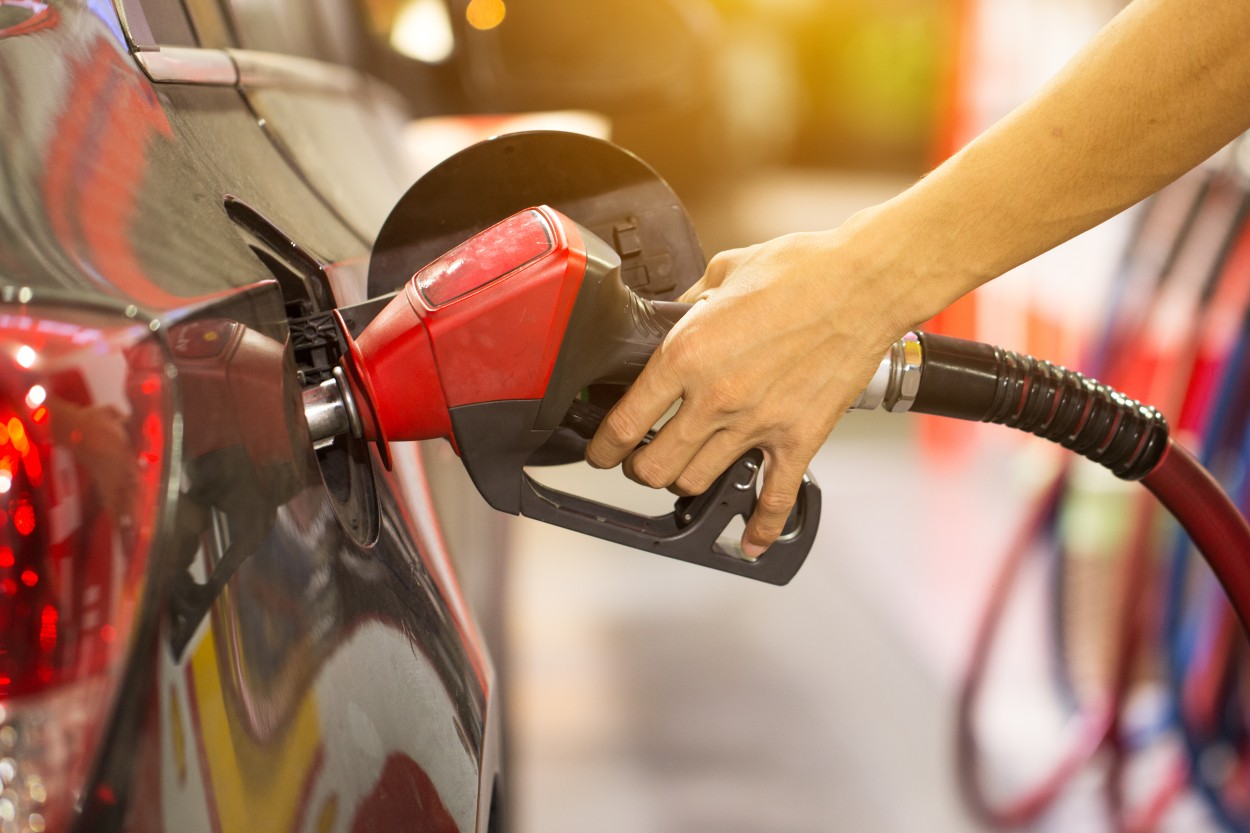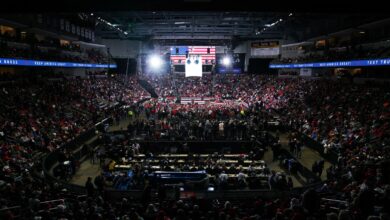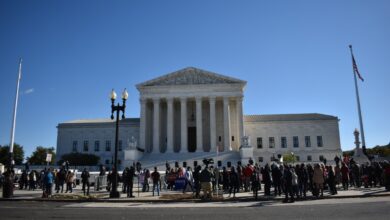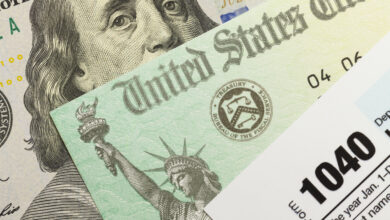While the idea of a gas-tax holiday sounds great at first, experts believe that it would create more problems than it solves. For one thing, the gas tax holiday does nothing to help with the rising gas costs for Americans. However, this plan is a temporary solution that would eventually be replaced with another method of raising new revenue. Those who favor this plan believe that the tax holiday would help stimulate the economy, but it is not clear that a tax reduction will do much to encourage a gas-dependent industry.
Many considered the tax holiday idea a gift to American drivers, but it will only give them a temporary break on their gas bills. In exchange for this “gift” of a tax break, the U.S. gas-tax collections will have $5 billion less in 2022. If no other sources of revenue are raised, then money must be found from somewhere not previously thought to be necessary, such as Social Security or Medicare. The money for these two programs may come from people who were not even using the gas tax, to begin with.
These costs are a bit less than the average of almost $5 per gallon earlier this month, but they still represent an unwelcome increase for the millions of Americans who must deal with rising rent and food prices. To stop the record prices, Biden authorized the release of millions of barrels of oil from the country’s Strategic Petroleum Reserve earlier this year. Additionally, the government raised the amount of ethanol put into gasoline. However, such initiatives haven’t done much to control expenses thus far.
The ongoing conflict between Russia and Ukraine has been cited by the White House as a major cause of the skyrocketing prices. But Biden has also criticized the oil industry for not contributing to cost-cutting measures, pointing out that these companies have made billions of dollars in profits during the crisis.
Prices have risen quickly in 12 months as the economy struggles to recover from the pandemic. The mood of consumers has fallen. The national average cost of petrol has increased from $2.58 to $3.53 per gallon during the past 12 months.
President Joe Biden’s administration has been looking for a rapid fix while considering the political ramifications as we head to an election year. Ideally, every available tool is being used to lower prices. Regrettably, that includes a proposal from a team of Democratic senators to suspend the 18.4 cents per gallon national gasoline tax through the end of 2022. This idea would not only have any impact on the federal budget in the short term, but it would also have no impact on the fight against inflation.
Strong Gas Demand could make the gas-tax holiday backfire
The gas tax holiday is expected to suspend an 18.4-cent federal tax on each gallon of gas and 24.4 cents on each diesel fuel for gas producers but not consumers. Experts believe the gas tax holiday will only provide mild, temporary relief for Americans. According to the Penn Wharton Budget Model from the University of Pennsylvania, a ten-month federal gas tax holiday would depend on demand, reducing the average per-capita cost of petrol by $16 to $47. While a gas tax holiday would offer some customers short-term comfort from high prices, it might also increase demand, fueling inflation.
What do American need is more gas supply?
Since summer driving isn’t expected to slow down anytime soon, replenishing depleted supplies will be necessary to provide customers with long-lasting comfort at the pump. Per the Energy Information Administration, U.S. gas stocks concluded March 2.6 per cent lower than the prior five-year average. A gas tax holiday won’t reduce inflation since the United States requires more supply in proportion to demand.
Where do these leave American?
Americans will likely have to put up with increased pump prices and allow the laws of supply and demand to run their course. Reducing gas taxes and diesel, providing energy subsidies that aren’t targeted, or passing legislation to prevent overcharging increase demand and strain supply systems that are already under strain. For instance, although eight states—which account for over nine per cent of the world’s gasoline consumption—have either suspended state taxes on fuel or are considering doing so, gas prices are still very nearly record highs. Gasoline prices will keep growing because supply is limited, and demand is boosted until supply can no longer keep up with demand.
Rationing and high pricing both have the potential to, directly and indirectly, destroy demand. Most Americans do not think governments would ration fuel; thus, the only option is to let fuel costs continue rising, inevitably lowering demand.
How gas tax holiday will affect inflation
The Highway Trust Fund, which is the main method the United States pays for surface transportation, receives money from the gas tax. The fact that the tax will not be adjusted for inflation and will remain constant is a serious flaw in this system. The trust fund will therefore be steadily depleted in real terms even as Americans increase their annual mileage, necessitating several emergency steps to sustain it. Over the following ten years, there will be a shortage of at least $150 billion.
A break from the gas tax will only make things worse. Highway maintenance and repair expenses will increase in line with inflation, hastening the trust fund’s depletion. Based on the researched estimation, delaying the tax until the end of 2022, as the bill proposes, will cost roughly $21 billion, prolong the fund’s bankruptcy by a whole year, and maybe even raise inflation by boosting demand for other services and goods. It will likely increase pre-tax pricing since it would also increase gas consumption, eliminating much of the consumer gain and leading to higher energy costs.
Though the United States is currently facing an acute energy crisis and a struggling economy, Americans are more likely to support higher taxes on fuel than ever. Most are aware that reducing fuel prices would benefit the country, but some don’t realize that only sufficient tax revenue can mitigate this. Without revenue, there can be no state-funded infrastructure and no reduction in rates for non-fuel industries such as roads or bridges.






